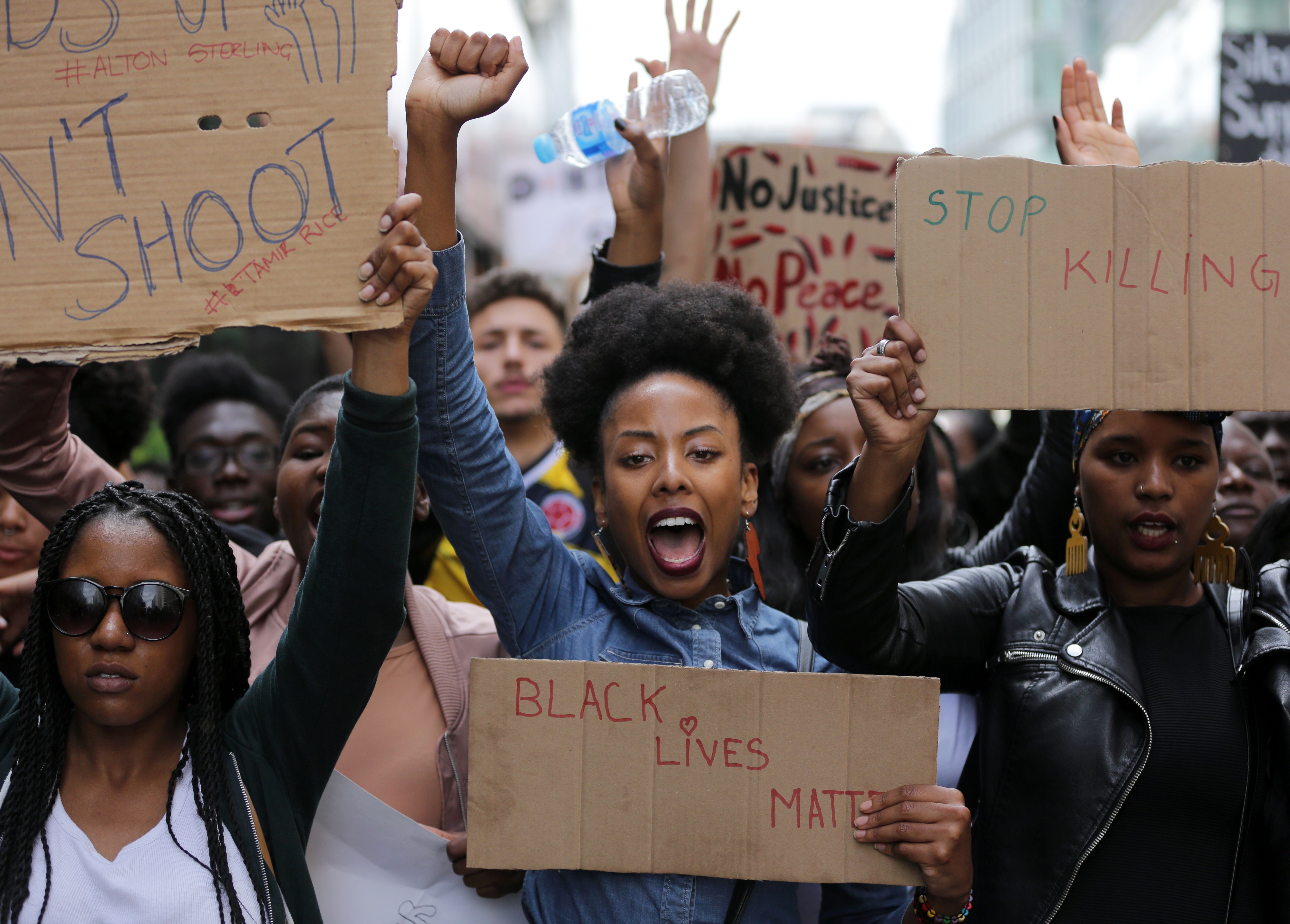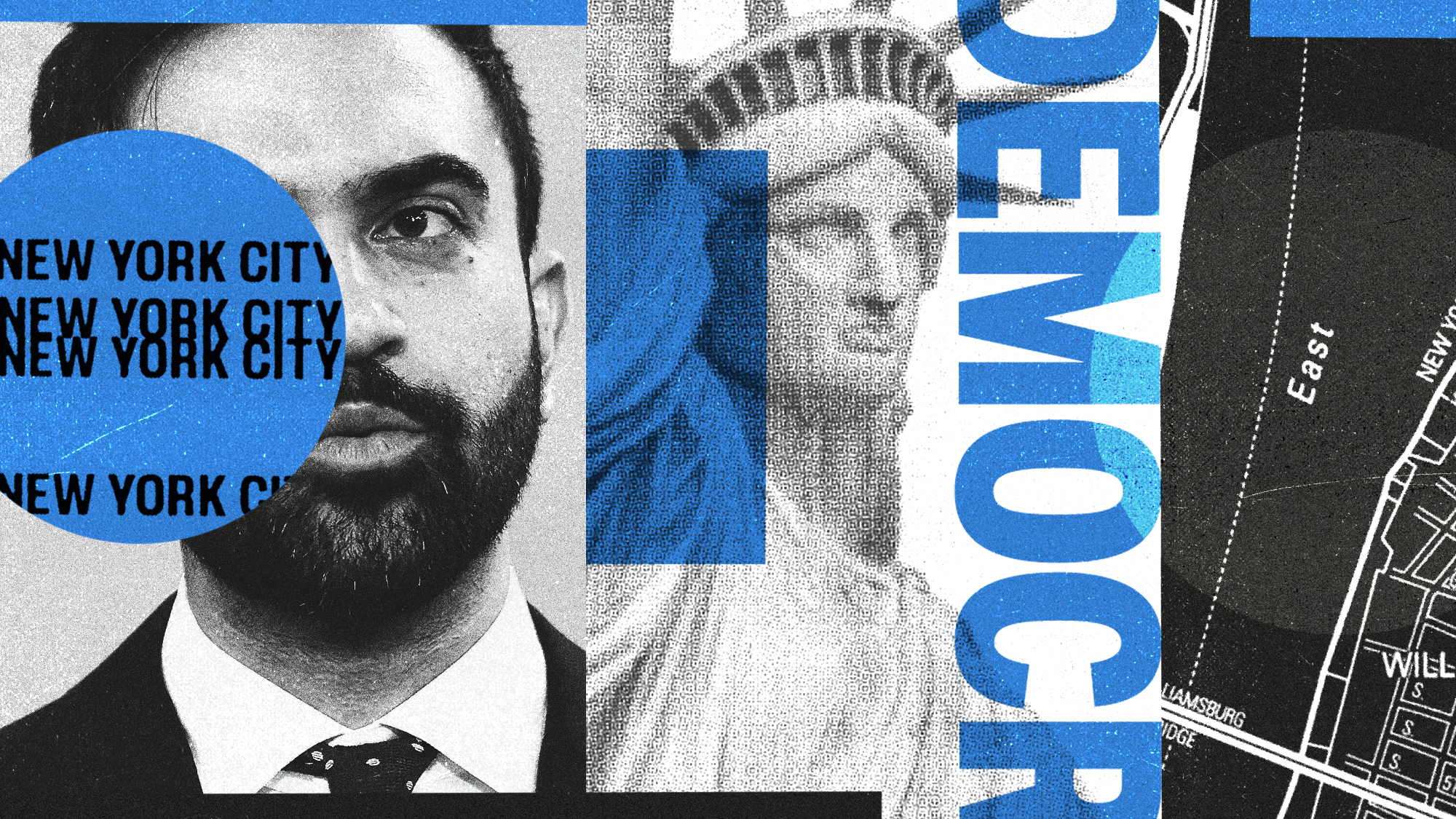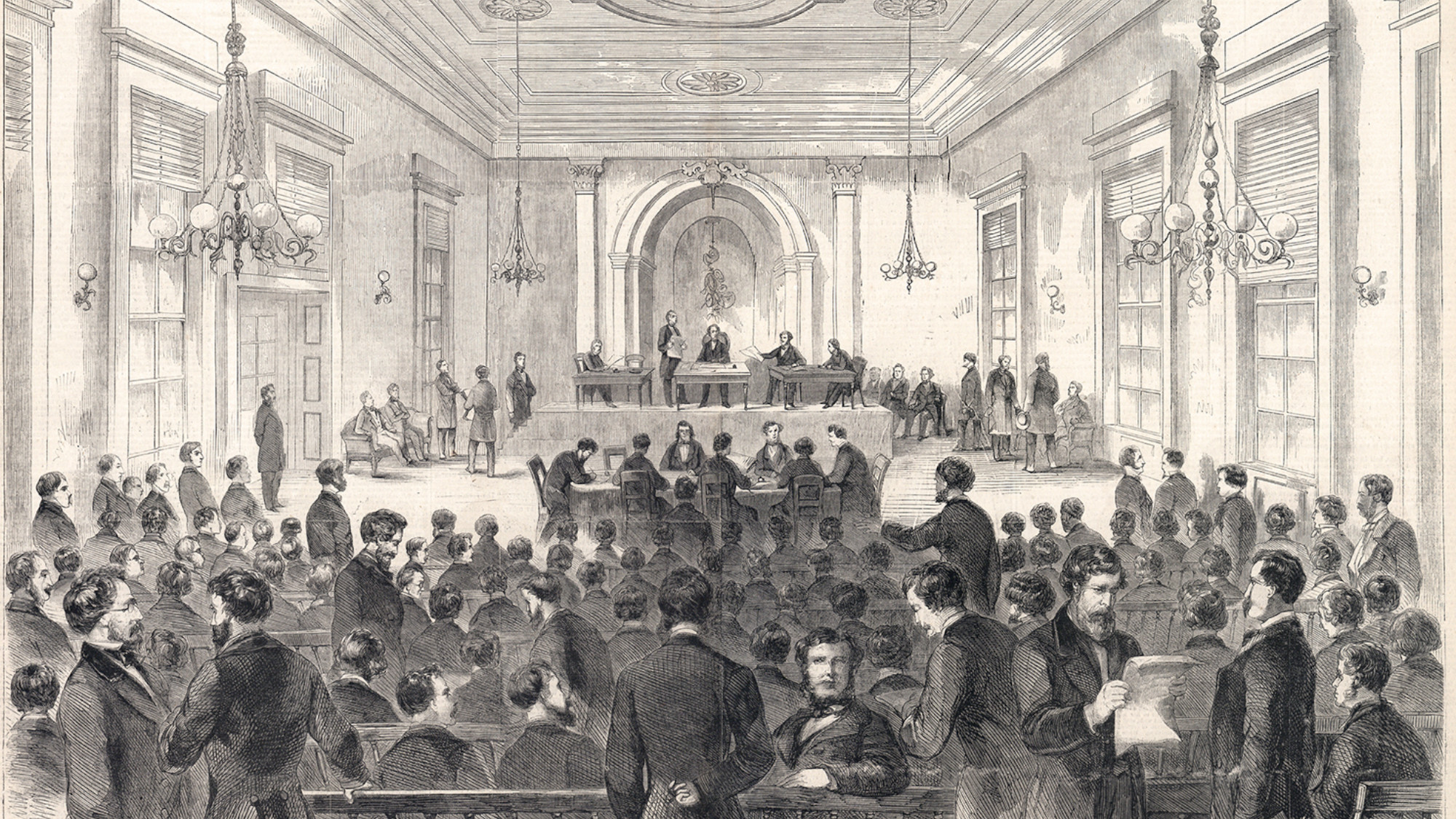Centrist Democrats are now the great defenders of social justice? Please.
There is no trade-off between race — or any other social justice issue — and class


The left half of the American political spectrum is in the middle of a big fight between the left and the center-left, which will surely get more intense as the midterms approach. Much of the battle, writes Franklin Foer in a very long piece at The Atlantic, will be between economic issues and social justice ones: "Two of the party’s largest concerns — race and class — reside in an increasing state of tension, a tension that will grow as the party turns toward the next presidential election."
This way of framing things is utterly mistaken, both on the history and on the policy merits. There is no trade-off between race — or any other social justice issue — and class. This is an idea the center-left invented to beat back the leftist challenge to their dominance of the Democratic Party.
To see why, let's review some history.
Subscribe to The Week
Escape your echo chamber. Get the facts behind the news, plus analysis from multiple perspectives.

Sign up for The Week's Free Newsletters
From our morning news briefing to a weekly Good News Newsletter, get the best of The Week delivered directly to your inbox.
From our morning news briefing to a weekly Good News Newsletter, get the best of The Week delivered directly to your inbox.
Before about 2015, everyone knew that it was the left, broadly speaking, that was in favor of more aggressive policy to achieve social justice. It was leftist academics, activists, and politicians that decried racist mass incarceration, sexism, abuse of immigrants, oppression of LGBT people, and so on.
Until very recently, the center-left either nodded rhetorically to these problems while insisting that more moderate policy was a more realistic, achievable approach, or actively made them worse. It was center-left Bill Clinton who went out of his way during his first campaign for president to insult a leftist black woman and personally oversaw the execution of a mentally handicapped black man. It was Bill Clinton who signed a viciously racist welfare reform, instituted Don't Ask Don't Tell, signed the homophobic Defense of Marriage Act, and signed a mass incarceration bill — championed by more center-left Democrats like then-Sen. Joe Biden, and justified by racist agitprop about young black "super predators" from Hillary Clinton.
It's not just a '90s phenomenon, either. For instance, it is center-left Barack Obama who has the worst record of deportations of any president, by far. The multifaceted horror of this record is part of why leftists have often charged that Democrats are barely better than Republicans.
As time passed, the left won more and more of these arguments, and the center-left has backed down on gay marriage, criminal justice reform, police brutality, and so on. But many of these surrenders are extremely recent. Center-left Barack Obama did not support gay marriage in 2008, and only came out for it in 2012. Hillary Clinton ran a race-baiting primary campaign against Obama in 2008, and only changed her view on gay marriage in 2013, the same year that Obama finally slowed the mass deportation machine.
All this was not even disputed prior to the primary campaign between Clinton and Bernie Sanders. But when it looked as though Sanders might actually threaten Clinton's nomination, the center-left reached for social justice issues as a way to beat him back, by casting his left-wing economic ideas as somehow in tension with social justice — and therefore Sanders and his supporters as blind on race, if not actively racist.
This idea has taken root in the center-left, and led to a revisionist history of the last few years where centrists are the radical social justice champions, and the leftists are the ones who would somehow sacrifice minorities to get economic reforms. This is a story somewhat akin to Kevin D. Williamson's hilarious attempt to cast Republicans as the party of civil rights. (To be fair, Foer does mention some of the center-left's dark past.)
Sanders proved vulnerable to this preposterous argument, both because he is from lily-white Vermont and had virtually no ties with the black community, and because he tends towards a laser-focused rhetoric on economic injustice. But his voting record on social justice issues is extremely good — and at the very least, superior to Clinton in every respect save arguably gun control. (And as the campaign progressed, he realized his weakness and introduced strong social justice rhetoric and policy into his campaign.)
This finally brings me to economics. In addition to social justice, leftists do support the traditional program of massive economic restructuring to favor the working class and the poor. They do this because there is no trade-off between those two agendas. On the contrary, economic deprivation is a gigantic part of how American bigotry is structured.
It follows that there is no way to achieve a full measure of justice for all downtrodden groups without a huge left-wing economic reform. Full employment and a completed welfare state would strike a massive blow against racism and sexism — and even protect against police brutality. Strong protections for workers' rights would help prevent abuse of immigrants. An attack on monopolies and Wall Street swindlers would help minority businesses and work against racist banking practices.
Left-wing economics would not completely solve social justice problems, of course. Much else would need to be done. But it would help a lot — and better still, it would help virtually every oppressed group simultaneously.
This matters not because of the cynical appropriation of left-wing arguments by centrists (as maddening as that is), but because attacking class policy as useless for social justice rules out half of a proper agenda. Elite voices on the center-left have done this, one of them being Hillary Clinton, who once sneered that breaking up the banks would not end racism, sexism, or anti-LGBT discrimination. To drain class policy out of a social justice agenda is to drain much of its vitality.
(The fact that elite center-left politicos who do downplay class tend to start a corporate consulting or buckraking career immediately after they leave politics is, I'm sure, merest coincidence.)
Now, of course the left, like any political faction, has its problems with race, gender, and so on. But in terms of history, theory, and practice, it has been the left that has fought most consistently in favor of social justice, and the center-left which has not. Actual leftist organizations, like the Democratic Socialists of America, have stringent policies to ensure adequate representation and good treatment of women and minorities, both at the chapter and national level. It's a live issue, but they are unquestionably doing better than the Democratic Party.
But fundamentally, when it comes to actually making America a more decent place, there is no getting around the desperate need for strong class policy. Don't let center-left dissembling obscure this truth.
A free daily email with the biggest news stories of the day – and the best features from TheWeek.com
Ryan Cooper is a national correspondent at TheWeek.com. His work has appeared in the Washington Monthly, The New Republic, and the Washington Post.
-
 Anne Hillerman's 6 favorite books with Native characters
Anne Hillerman's 6 favorite books with Native charactersFeature The author recommends works by Ramona Emerson, Craig Johnson, and more
-
 How Zohran Mamdani's NYC mayoral run will change the Democratic Party
How Zohran Mamdani's NYC mayoral run will change the Democratic PartyTalking Points The candidate poses a challenge to the party's 'dinosaur wing'
-
 Book reviews: '1861: The Lost Peace' and 'Murderland: Crime and Bloodlust in the Time of Serial Killers'
Book reviews: '1861: The Lost Peace' and 'Murderland: Crime and Bloodlust in the Time of Serial Killers'Feature How America tried to avoid the Civil War and the link between lead pollution and serial killers
-
 The JFK files: the truth at last?
The JFK files: the truth at last?In The Spotlight More than 64,000 previously classified documents relating the 1963 assassination of John F. Kennedy have been released by the Trump administration
-
 'Seriously, not literally': how should the world take Donald Trump?
'Seriously, not literally': how should the world take Donald Trump?Today's big question White House rhetoric and reality look likely to become increasingly blurred
-
 Will Trump's 'madman' strategy pay off?
Will Trump's 'madman' strategy pay off?Today's Big Question Incoming US president likes to seem unpredictable but, this time round, world leaders could be wise to his playbook
-
 Democrats vs. Republicans: who are the billionaires backing?
Democrats vs. Republicans: who are the billionaires backing?The Explainer Younger tech titans join 'boys' club throwing money and support' behind President Trump, while older plutocrats quietly rebuke new administration
-
 US election: where things stand with one week to go
US election: where things stand with one week to goThe Explainer Harris' lead in the polls has been narrowing in Trump's favour, but her campaign remains 'cautiously optimistic'
-
 Is Trump okay?
Is Trump okay?Today's Big Question Former president's mental fitness and alleged cognitive decline firmly back in the spotlight after 'bizarre' town hall event
-
 The life and times of Kamala Harris
The life and times of Kamala HarrisThe Explainer The vice-president is narrowly leading the race to become the next US president. How did she get to where she is now?
-
 Will 'weirdly civil' VP debate move dial in US election?
Will 'weirdly civil' VP debate move dial in US election?Today's Big Question 'Diametrically opposed' candidates showed 'a lot of commonality' on some issues, but offered competing visions for America's future and democracy
